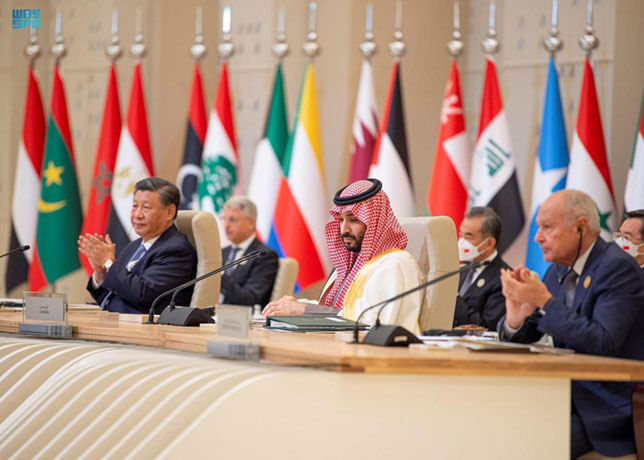

China is keen to have Saudi Arabia, its largest trading partner in the Middle East, conduct oil transactions in renminbi. This shift could potentially boost the yuan's prominence in global trade, but faces significant hurdles.
Recent discussions highlight the potential for yuan-denominated oil trade between China and Saudi Arabia, yet experts at S&P Global caution that it may take decades for this to gain substantial traction.
The challenges are rooted in the yuan’s limited use in international trade and finance, which complicates the process of spending and converting the currency.
Despite Saudi Arabia's interest in diversifying its trade settlements, the practicalities of using renminbi remain complex.
Saudi Arabia’s oil trade with China has flourished, with the Kingdom maintaining a steady share of China’s imports and exports in the Gulf region. However, the rise in oil trade volume, which now constitutes 84 per cent of Saudi exports to China, underscores the difficulty in integrating the yuan into this substantial trade flow.
The sheer volume of petroyuan that would result from fully yuan-based transactions poses significant challenges in terms of managing and converting the currency.
Nevertheless, the landscape is evolving. President Xi Jinping's visit to Riyadh in December 2022, coupled with strategic dialogues between Beijing and Riyadh, has accelerated discussions on expanding yuan use.
The ongoing development of Saudi Arabia’s Vision 2030, which aims to diversify the Kingdom’s economy, includes opportunities for yuan usage in infrastructure projects and investments in China.
This expanding relationship could facilitate greater yuan integration as Saudi Arabia explores various avenues to spend and invest the currency.
In addition to infrastructure and construction projects in Saudi Arabia, the yuan’s use could be furthered by investments in Chinese firms.
Aramco’s investments in Chinese energy and petrochemical sectors highlight potential new outlets for the currency, underscoring a growing willingness to deepen financial and economic ties between the two nations.











































































